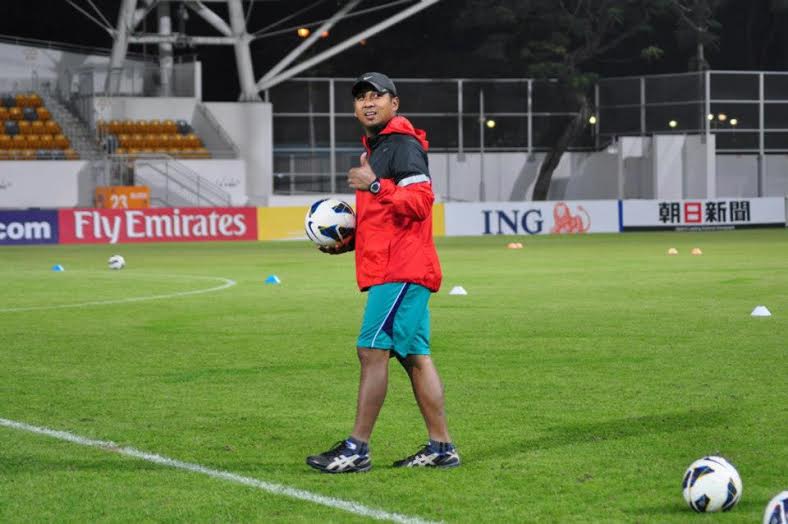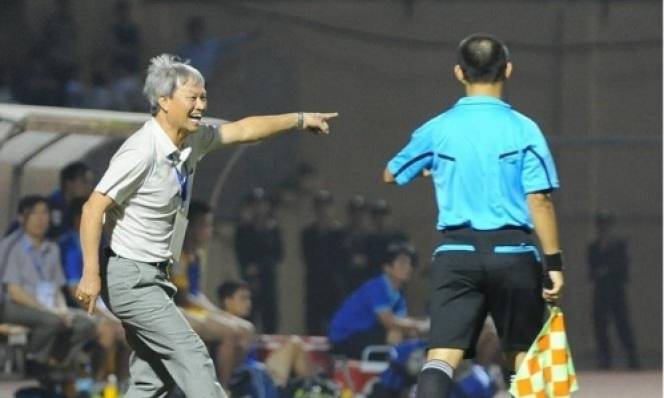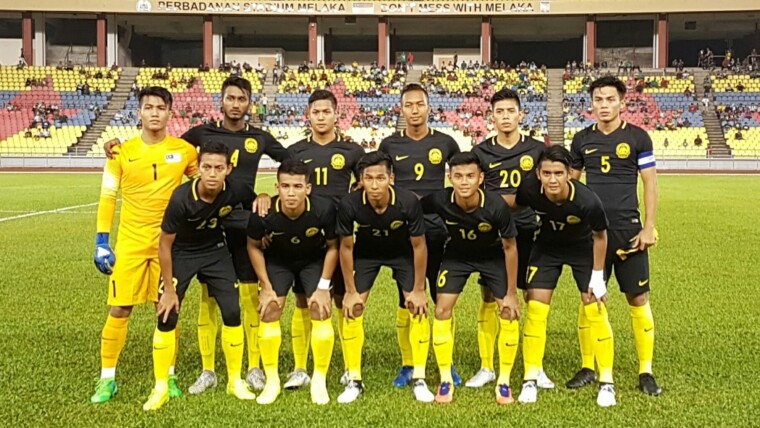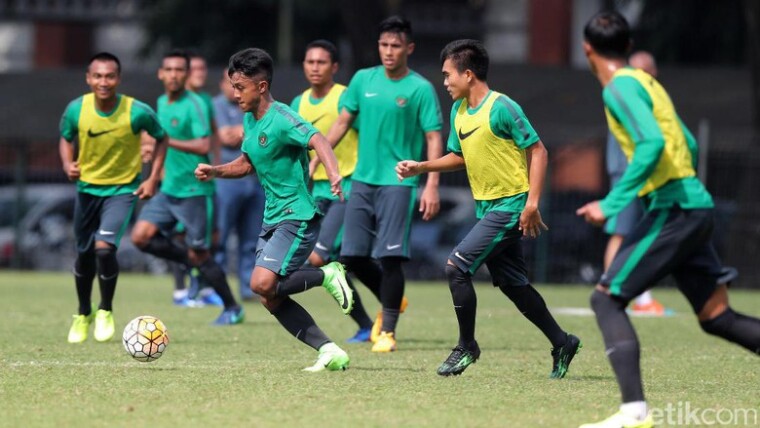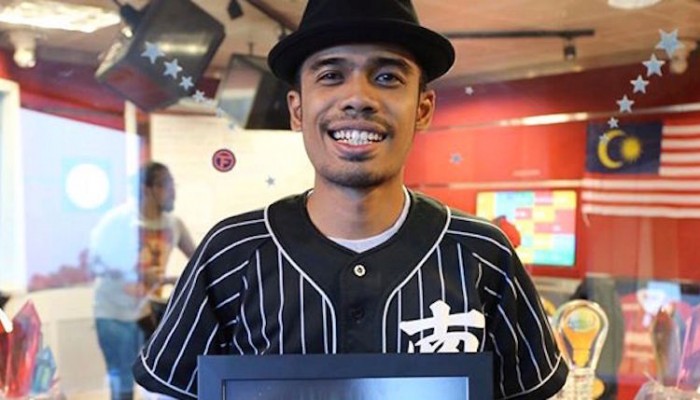The first time I met Khairul Anuar Azmi was back in 2012 when I was covering the Malaysia U22 team who were competing in the AFC U22 Championship in Yangon, Myanmar. I was surprised and impressed to see a Malaysian working as a Fitness Coach at a football club abroad.
Khairul who’s also known as ‘Pulut’, is now back in Malaysia to serve Malaysian football. I believe that hiring someone with his experience is definitely a positive move by the Football Association of Malaysia. Now that he’s back, I had the chance to speak to him about his decision to come back and the progress of his career thus far.
Welcome back! First of all, how did you start your career as a Fitness Coach?
KA: Thank you. It’s good to be back. I started as a Personal Trainer at True Fitness Gym in 2006 while doing my internship and my interest in this field didn’t stop there. After I graduated from UiTM in 2007, I joined the National Sports Institute as a Conditioning Specialist and from there, my career expanded to Myanmar.
I began my career as a Fitness Coach for Rugby Sevens while I was still a student at UiTM. From then on I took the strength & conditioning field very seriously since I wanted to pursue it as a career.
What did you study and have you always wanted to be a Fitness Coach?
I did Sports Science back in 2007 and I was actually doing my Masters in 2010 when I received an offer to work in Myanmar. I knew I had to take that job so I decided to pursue my career and put my studies on hold first. But now that I’m back, I’m looking forward to resume my masters soon.
And yes, of course it’s something I’ve always been keen on. I was a national athlete before and that’s how I’m got into this field. I refused to quit sports and I wanted to stay in it. Even if I’m not an athlete anymore, I’m happy to still be contributing in one way or another.
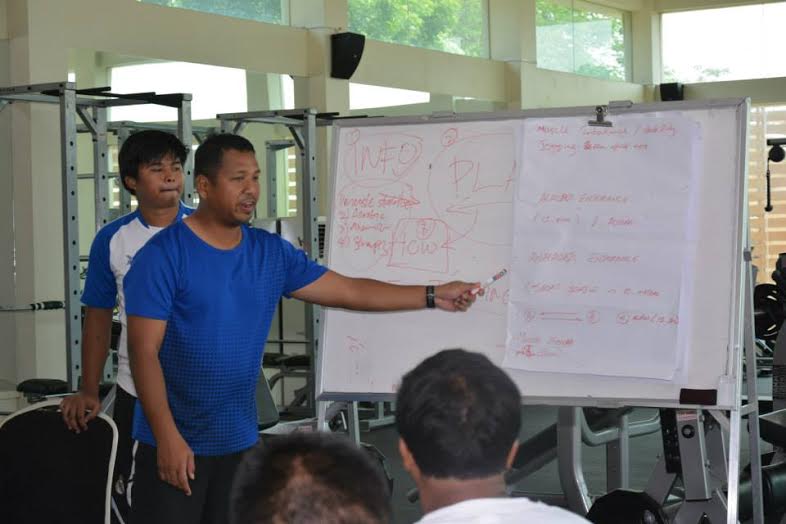
So you were a Fitness Coach at Yangon United FC for almost four years. How was it like working in Myanmar?
It was a great experience for me and it took me some time to adapt to the country. Being away from my family and friends is not an easy thing to do. Moreover, living in Myanmar back in 2010 when I first arrived was a lot different from living there now. To get internet connection or even phone communication was very difficult.
What was your biggest challenge with regards to living and working there?
KA: I would say, the biggest challenge was to communicate effectively with the players and the local coaches since their understanding of English is very limited. Not only the locals but also some of the foreign players.
It seems to me that it wasn’t a walk in the park for you when you were in Myanmar but what do you think you’ve learned from all that experience?
KA: Living and working in Myanmar definitely helped me a lot personally. For instance, I learned how to improve my self confidence and it taught me to work independently with limited resources and assistance. I’ll always cherish these lessons that I picked up while working in Myanmar.
So after over three years, why did you decide to come back?
KA: I like to challenge myself and I think we need to do that all the time, especially when we start entering our comfort zone. I guess it was about time I returned to Malaysia and challenged myself again after spending four seasons with Yangon United FC.
What do you do for FAM now?
KA: Right now, I am the Strength and Conditioning Coach (a role that is popularly known as ‘Fitness Coach’ in the footballing scene) for FAM. For the time being, I’m attached with Harimau Muda C, the Malaysia U19 team under Coach Hassan Sazali. Basically, my role is to assist the head coach in term of fitness, strength and conditioning with the latest scientific approach.
What do you think about the fitness coaching scene here in Malaysia?
KA: From my observation, the scene is growing positively and rapidly. More local fitness coaches are getting involved and being recognised by the local football clubs and also other sports association. This is a really good sign for Malaysian sports. The acceptance from local sport associations is very encouraging compared to years ago when the scene was normally monopolized by foreign fitness coaches.
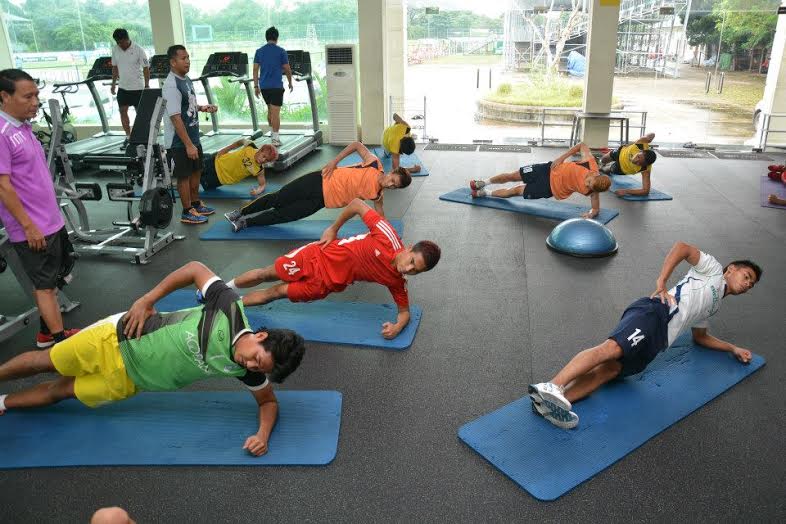
I don’t think there is a lot of exposure about fitness coaching here in Malaysia. So how can someone be encouraged to get involved in this scene?
KA: Academicians and practitioners in this field must collaborate and work together to organize more courses and workshops at universities or sports associations so that they can deliver and share the latest information and technology and at the same time be able to attract more people to get involved in the sports fitness scene. In the US, UK and Australia; collaborations between academicians and practitioners are very common. So I think that’s how we can encourage more people to be involved in this line of job.
I agree with you. I have to ask you this….If you could change one thing about Malaysian football, what would it be?
KA: Well…I would love to see all football clubs in Malaysia have their own training facilities equipped with the latest training/gym equipments. That’s definitely the way forward.
As a fitness coach, what advice can you give to young people who want to get involved in this career line?
KA: First of all, one must understand that a fitness coach is a practitioner and it’s not like other jobs. In order to become a good Fitness Coach, we need to practise what we preach to the players. Always be proactive and anticipate the situation, while at the same time being flexible for any changes. Sports science is evolving rapidly, we need to be aware of all the latest scientific research for our knowledge, so that we won’t be left behind.
Other posts by Aysha Ridzuan

